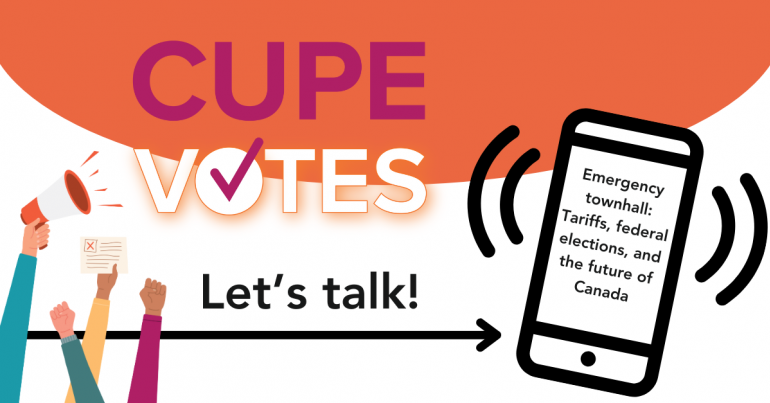 We need the federal government to be a real partner in post-secondary education again.
We need the federal government to be a real partner in post-secondary education again.
Why it matters
- High quality, publicly funded, accessible post-secondary education helps to foster engaged, well-informed citizens with the skills needed to participate in a changing economy.
- It also helps to lessen social and economic disparities and contributes to our country’s economic, cultural, and intellectual development.
- But chronic government underfunding is creating a crisis: post-secondary education is being transformed from a public good to a private benefit enjoyed by the wealthy.
- Faculty and staff jobs are becoming more precarious, putting the quality of education at risk.
- Corporate control over higher education and research is growing stronger, threatening academic freedom.
- The consequences for our society and our economy are serious. Students who are burdened by debt and workers dealing with short-term contracts and low wages struggle to participate fully in the life of our communities.
How the current policy is falling short
- Federal transfers for post-secondary education are almost 40 per cent less per student now than they were twenty-five years ago.
- Thirty years ago, universities received more than 80 per cent of their operating revenue from governments. Today, government funding has shrunk to barely 50 per cent.
- Tuition fees at Canadian universities have increased by three times the rate of inflation since 1990.
- Since 1990, average student debt has grown 40 per cent while average real wages have stagnated.
- More than half of faculty appointments in Canada have been contract appointments over the past decade.
What should be done
- A Post-Secondary Education Act with clear conditions and accountability measures for federal funding, including:
- Respect for academic freedom.
- Fair employment standards, with strict limits on the use of temporary contracts and contracting out.
- Restrictions on corporate funding and other private donations and contracts to limit corporate control over academic decisions.
- Regular reporting on ratios of full-time faculty to students, ratios of senior administrators to students, use of contract faculty, spaces available for traditionally underserved populations, tuition and student debt.
- A dedicated Post-Secondary Transfer that provides funding for PSE to the provinces with an increase in funding of at least 40% to restore the level of per-student PSE funding that was provided in 1993.
- The federal government to work with the provinces to reduce and eventually eliminate tuition fees for post-secondary education.



